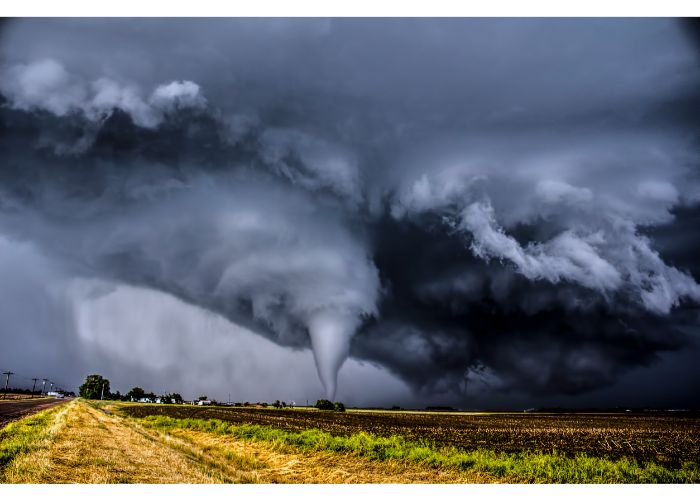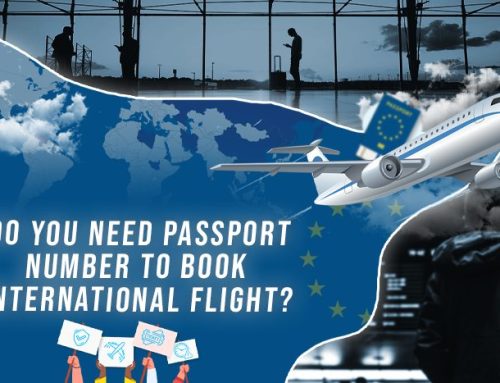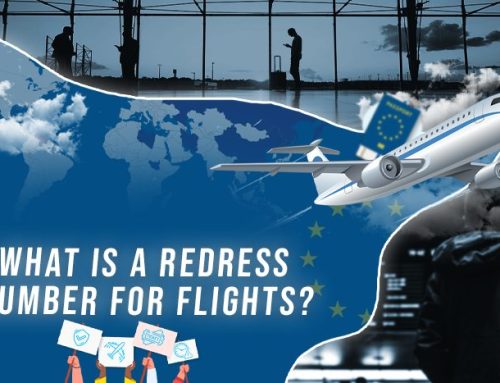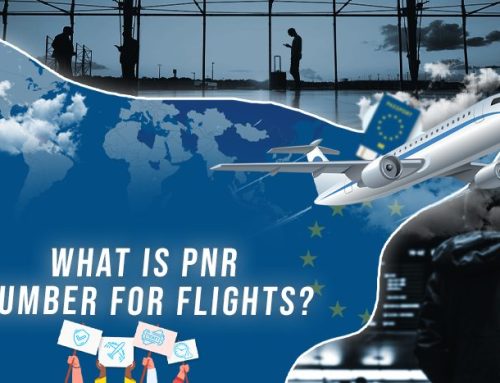When there is severe weather, planes typically do their best to avoid it. Depending on the type of weather, strength of the winds, and more, it could cause damage to the plane. That’s especially true when it comes to tornados. While planes could technically fly over a tornado, it’s not safe to do so, so unless there are no other options, planes should not do it.
Key Takeaways
- Tornados are fast air vortexes that can cause significant damage, both on the ground and in the air. Flying near or over tornados exposes planes to high-speed winds, lightning strikes, hail, and debris, potentially leading to severe turbulence and damage to the aircraft.
- Airlines prioritize passenger and crew safety above all else. Pilots utilize advanced meteorological technology to identify and avoid tornados, opting for reroutes or emergency landings when necessary. Delays due to severe weather are inconvenient but essential to prevent potential catastrophic consequences.
- During severe weather, passengers may experience flight delays or cancellations. Airlines will typically provide options for rebooking or refunds. While compensation under EC 261 may not cover tornado-related disruptions, passengers can still work with customer service and be courteous for possible goodwill gestures.
- Airports and air traffic control play a crucial role in managing flights during severe weather conditions. They collaborate with airlines to monitor weather patterns and make informed decisions to ensure the safety and well-being of passengers and crew.
- While tornado-related delays may not be covered under certain regulations, travelers can explore travel insurance or specific protection plans that offer coverage for weather-related disruptions. Being prepared can provide financial security in case of unexpected events during travel.
Why Should Planes Avoid Flying Over Tornados
Tornados are fast air vortexes that can cause a lot of damage, both on the ground and in the air. In addition to the high-speed winds, they also often come with thunderstorms, heavy rain, hail, and more. When you’re on the ground, and the sirens start going off, you should take cover and get to safety. But what if you’re in the air?
The pilot and crew have technology in place to help them identify and avoid tornados. If they don’t, they run the risk of getting severely damaged in flight. The plane could face turbulence, making it uncomfortable for all those on the plane. If it is severe enough, the oxygen masks could come down.
Additionally, the plane could get struck by lightening causing an engine to fail or face damage to the actual body of the plane due to the high windspeeds and debris. Because there is a lot that could go wrong, pilots err on the side of caution and do not fly near, including over, tornados. It’s not worth the risk. In severe cases, planes could be torn apart by the tornado, causing all aboard to perish.
Will Tornados Delay My Flight?

If you haven’t taken off yet and there are reports of severe weather and possible tornados, your travel plans will likely be delayed or even cancelled. If you are on the plane, you may be asked to deboard or shelter in place until the weather passes. If you are in the airport, you will be directed to a safe space to wait until the weather passes.
Unfortunately, severe weather conditions, including tornados count as extraordinary circumstances, so they are not covered under EC 261 when it comes to additional compensation. That doesn’t mean you don’t have options!
Work with customer service to get rebooked on the next flight or request a refund if you no longer need the trip. You can try to submit a claim. The airline may provide something as a goodwill gesture, especially if you are kind and patient with the reps.
While it is inconvenient to face flight delays due to tornados and other weather conditions, it is better than the alternative to travel when it’s not safe.
Conclusion
Severe weather conditions like tornados are taken very seriously by planes and should be avoided at all costs. While it is technically possible to fly over a tornado, it is not worth the risk as it could cause serious damage to the plane that could render it un-flyable. Most pilots will use the in-flight technology to avoid tornados and reroute to safety, even if it means delays or emergency landings.
Frequently Asked Questions
-
Are there any instances when planes are allowed to fly over tornados?
While planes technically can fly over tornados, it is not safe to do so, and pilots typically avoid such situations. If a tornado is detected or suspected along the flight path, pilots will choose alternative routes to ensure passenger and aircraft safety.
-
How do pilots detect tornados and severe weather while in flight?
Pilots use advanced weather radar systems and communication with air traffic control to monitor weather conditions during the flight. This real-time information helps them identify potential tornados and make informed decisions to steer clear of dangerous weather.
-
Can severe weather, including tornados, cause permanent damage to the aircraft?
Yes, severe weather, such as tornados, can cause substantial damage to the aircraft. High-speed winds, hail, and debris can lead to structural damage or engine failure, jeopardizing the safety of the plane and its occupants.
-
What should passengers do if their flight is delayed or canceled due to a tornado warning?
If your flight is delayed or canceled due to a tornado warning, follow the instructions of airline staff and airport personnel. They will provide guidance on rebooking options, arranging alternative flights, or offering refunds. Prioritize safety over convenience during such circumstances.
-
Can travel insurance cover expenses incurred due to tornado-related flight disruptions?
Travel insurance policies may offer coverage for flight delays or cancellations caused by severe weather, including tornados. However, coverage may vary depending on the policy and provider. It’s essential to review the terms and conditions of your travel insurance plan to understand the extent of coverage for weather-related events.







